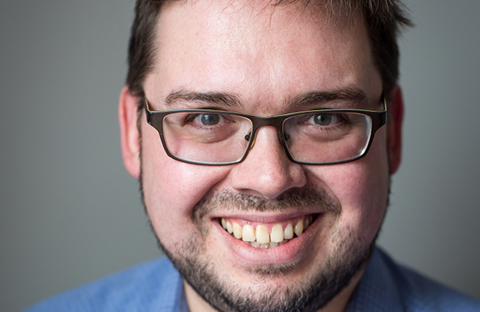
In the last decade or two, there has been an increasing acceptance that the boundaries between work, family and the third spaces in which we rest and recharge have become blurred. These days, it is less 'work-life balance' and more 'work-life blend'; life does not stop on the way into the office, any more than work stops on the way out.
As a result, employees are expected to work for more time than they are contracted, while most of us also recognise that the rise in hyper-connected personal devices has changed the way we live, work and behave.
Understanding our digital working styles better is something we should improve if we want to address mental health at work. Checking emails after the kids are in bed might work for one individual's personal wellbeing, but if they do not have that conversation with their team, others may believe that they need to respond immediately.
Similarly, working smarter can include working more flexibly, which is also a positive, but this can lead to increasing demands on personal time. Flexibility can be great for wellbeing, but it should not be used to expect people to work longer or respond sooner.
As individuals, we should be mindful of where our boundaries lie. To this end, mindfulness practice is an evidence-based method of building resilience and creating space to reflect. Employees might start by checking in with how they feel in different situations, maybe noting in a diary when they are working or picking up tasks out of hours.
Organisationally, line management is key. This includes modelling healthy relationships with work and looking at mental health more broadly in team meetings.
It is sad to say that we need to be protected from ourselves, but that may in fact be true. We need to address the tacit approval of overwork and the expectation that employees will be contactable and responsible in their personal time.
Ultimately, overworking people, or expecting them to be alert to work 24/7, creates a psychological hazard at work. We all know about trip hazards and protective equipment, and it is high time psychological hazards were addressed with equal zeal.
Chris O’Sullivan is head of workplace and mental health at the Mental Health Foundation
Read more...
How can employers meet the needs of employees in the always-on economy?
Zurich increases access to benefits to help employees manage busy lives











